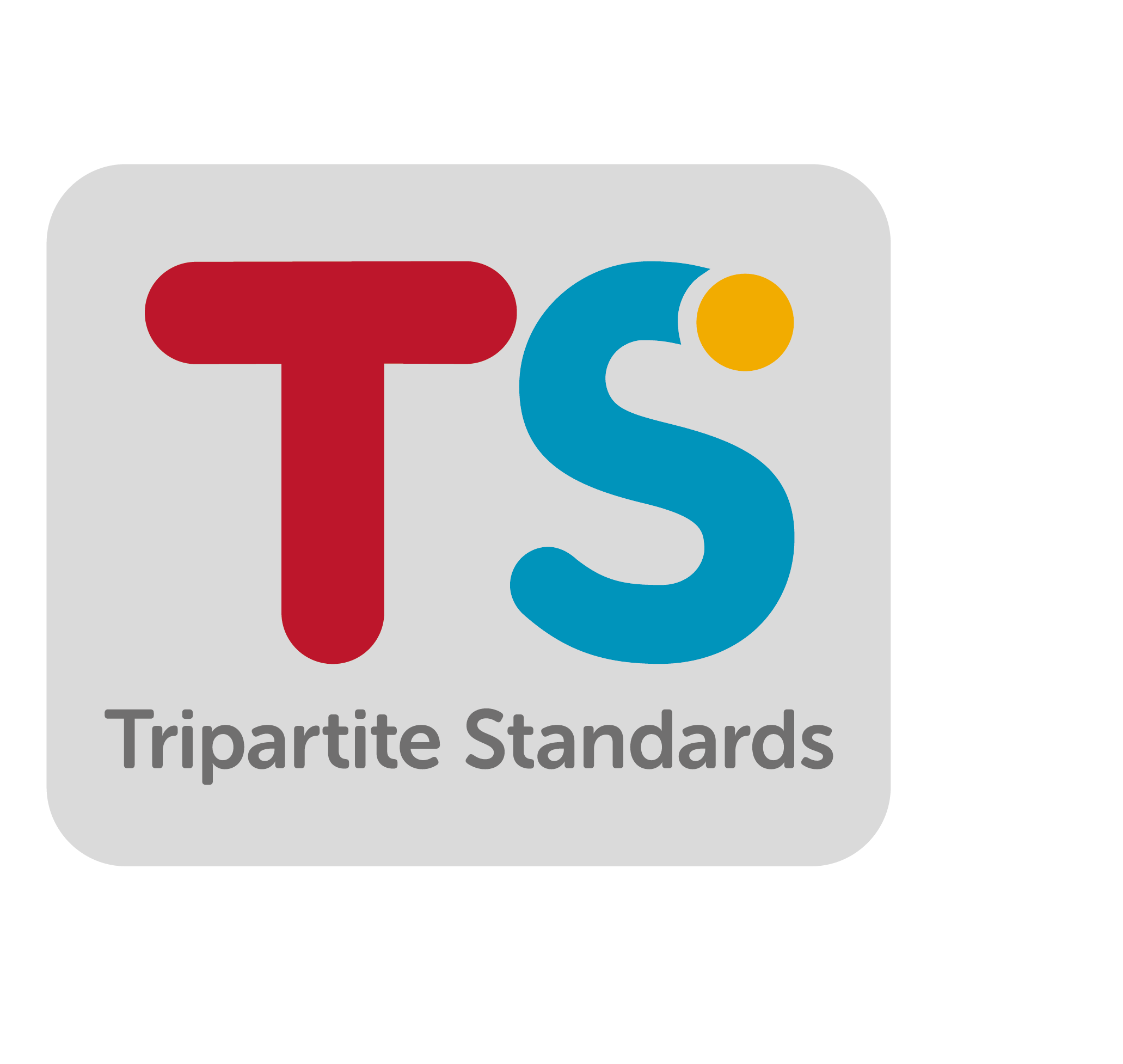Making a career change can be both exciting and daunting. One of the biggest challenges is creating a resume that effectively highlights your transferable skills and demonstrates your suitability for a new industry. Here’s how to craft a compelling resume that showcases your abilities and sets you up for success in your new career path.
Interview Tips
1. Start with a Strong Professional Summary
Purpose: Your professional summary should provide a snapshot of your career transition and highlight the skills and experiences that make you a great candidate for your new career.
Example: “Detail-oriented marketing professional with 10+ years of experience in content creation and project management. Seeking to leverage strong communication and organizational skills in a new role in corporate training. Proven ability to engage audiences and enhance team performance.”
recruitment agency
2. Identify and Highlight Transferable Skills
Skills Assessment: Start by identifying the skills you’ve developed in your current or previous roles that are relevant to your new career. These can include soft skills like communication, leadership, and problem-solving, as well as hard skills like data analysis or project management.
Example: If you’re moving from marketing to HR, skills like project management, data analysis, and communication are highly transferable.
recruitment agency singapore
3. Use a Combination Resume Format
Format Choice: A combination resume format is ideal for career changers as it allows you to highlight your skills at the top of your resume, followed by a chronological list of your work experience. This format helps employers see your relevant skills first.
Example:
- Skills Summary
- Project Management: Led cross-functional teams to deliver projects on time and within budget.
- Communication: Developed and executed internal communication strategies.
- Training and Development: Created training materials and conducted workshops for team members.
- Professional Experience
- Marketing Manager, XYZ Corp. (2015 – Present)
- Led a team of 5 in executing marketing campaigns.
- Developed training programs for new hires on marketing software.
- Marketing Manager, XYZ Corp. (2015 – Present)
recruitment agency singapore
4. Translate Your Experience
Reframe Your Experience: When describing your work experience, reframe your responsibilities and achievements to align with the requirements of your new career. Use industry-specific language where possible to show your understanding of the new field.
Example: Instead of “Managed social media campaigns,” you could say “Developed and implemented strategic communication plans.”
recruitment agency singapore
5. Include Relevant Coursework and Certifications
Educational Background: Highlight any additional coursework, certifications, or training that are relevant to your new career. This demonstrates your commitment to learning and adapting to your new field.
Example: “Completed coursework in Human Resource Management, 2023” or “Certified in Data Analysis, 2022.”
recruitment agency singapore
6. Add a Cover Letter
Cover Letter Importance: A well-crafted cover letter is essential for career changers. Use it to explain your career change, highlight your transferable skills, and express your enthusiasm for the new role.
Example: “I am excited to transition from marketing to corporate training. My experience in developing content and managing projects has equipped me with strong organizational and communication skills that I am eager to apply in this new field.”
recruitment agency singapore
7. Network and Use References
Networking: Leverage your professional network to gain insights into your new career and gather references who can vouch for your transferable skills. Networking can also open doors to job opportunities that are not advertised.
References: Include references who can speak to your skills and work ethic, even if they are from a different industry. Their testimonials can provide valuable credibility.
recruitment agency singapore
8. Showcase Soft Skills
Soft Skills Emphasis: Soft skills are often highly transferable and valued across different industries. Highlight skills such as leadership, adaptability, communication, and teamwork prominently on your resume.
Example: “Led a team of 10 in cross-departmental projects, demonstrating strong leadership and collaboration skills.”
career switch
9. Focus on Achievements and Results
Results-Oriented: Employers are interested in the impact you’ve made in your previous roles. Highlight specific achievements and quantify them where possible to show your effectiveness.
Example: “Increased client engagement by 30% through targeted marketing strategies, showcasing my ability to understand and meet client needs.”
recruitment agency singapore
10. Keep Your Resume Updated and Tailored
Customization: Tailor your resume for each job application, focusing on the most relevant skills and experiences for the role. Regularly update your resume to reflect new skills, experiences, and accomplishments.
Example: If applying for a training specialist role, emphasize any experience you have in creating and delivering training programs, even if it was in a different context.
recruitment agency singapore
Conclusion
Creating a resume for a career change requires a strategic approach to highlight your transferable skills and demonstrate your potential in a new field. By focusing on a strong professional summary, using a combination resume format, translating your experience, and showcasing relevant skills and achievements, you can craft a resume that makes a compelling case for your career transition. With careful preparation and a focus on your unique strengths, you’ll be well on your way to success in your new career path.












